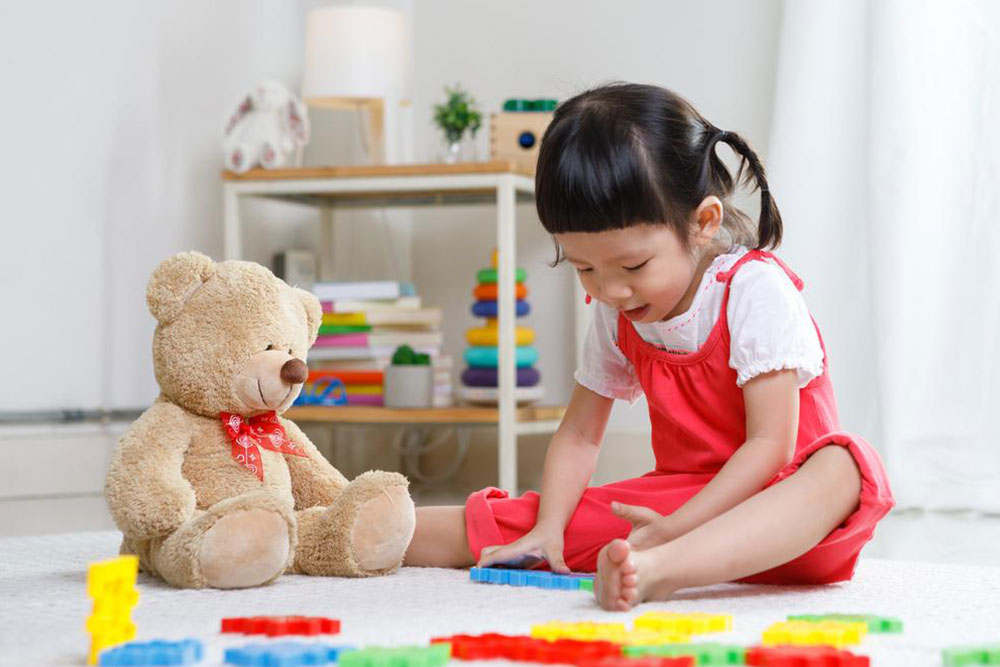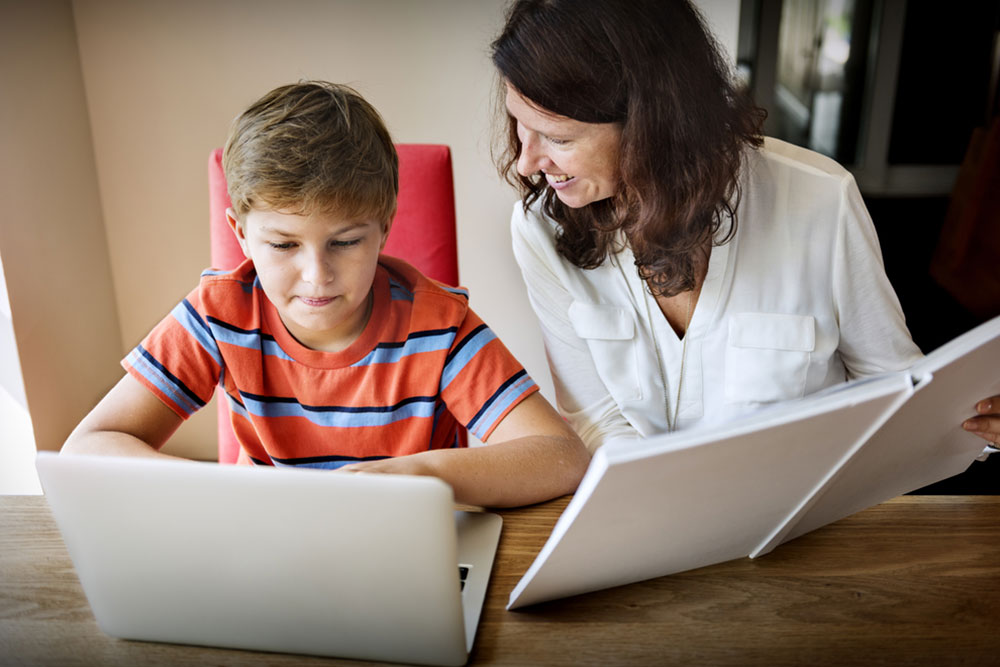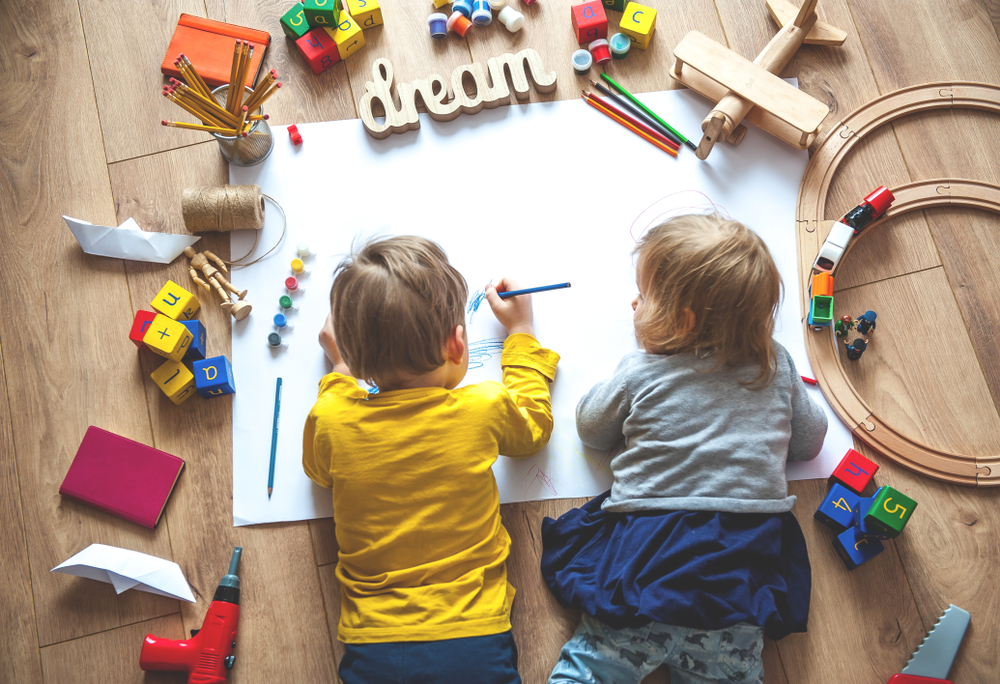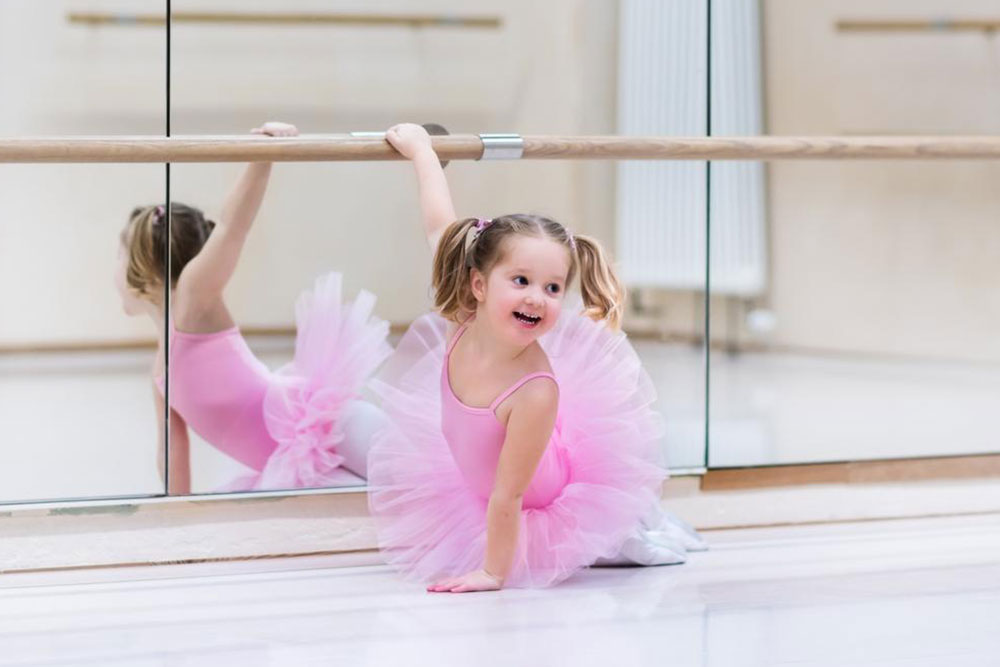Understanding How Preschools Implement Their Curriculum
Discover how preschools implement their curricula through experienced teaching, engaging activities, and play-based learning. Learn what to expect in a typical preschool setting and how these methods facilitate early childhood development. The article covers curriculum development, teacher roles, daily routines, activities, and the importance of play in fostering social and cognitive skills. Perfect for parents exploring preschool options, this overview provides valuable insights into effective early education practices.
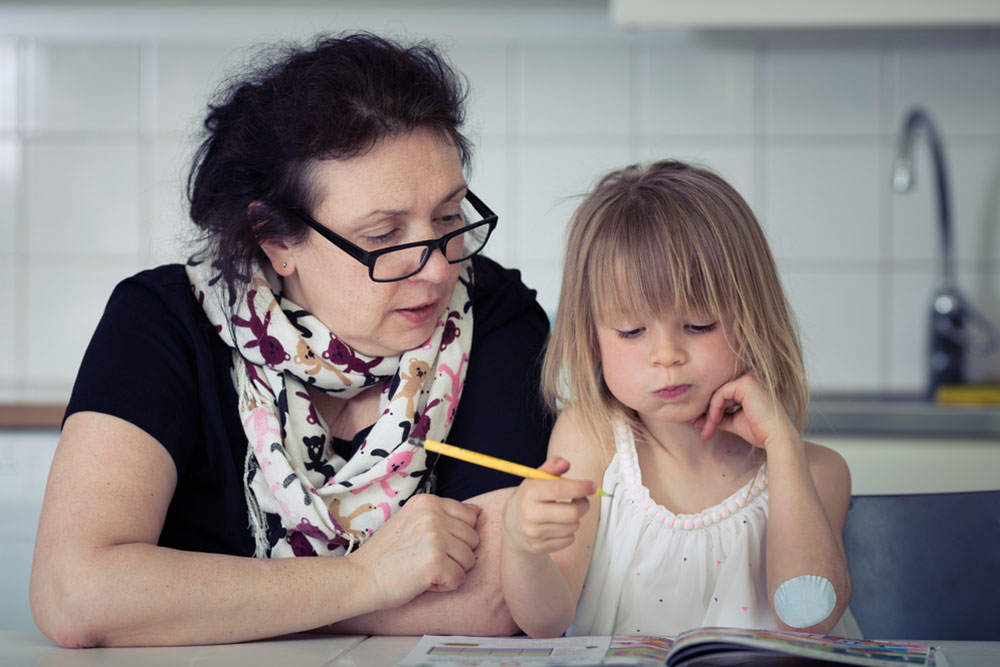
Understanding How Preschools Implement Their Curriculum
Choosing the right preschool for your child involves understanding the different types of curricula and how they influence early development. Many parents are unaware of the complexities involved in curriculum design and implementation.
Effective preschool curricula should be developed by professionals experienced in early childhood education. Equally important is how these curricula are brought to life. A key question is, “How exactly is a preschool curriculum executed?”
Teacher's Role Teachers play a vital role similar to their counterparts in traditional schools. Depending on the curriculum, their responsibilities may range from guiding children to developing close, almost parental bonds. For special needs programs, teachers often serve as caregivers, while in academic-focused preschools, they follow structured teaching and assessment methods to monitor progress.
Preschool Hours The length of a preschool day varies based on the curriculum. Some private preschools operate for a few hours, whereas public programs may run the full school day. Extended hours are common in institutions that support working parents.
Activity-Based Learning Preschool programs emphasize engaging activities instead of traditional lecture-style lessons. Children participate in group activities, free play, storytelling, arts and crafts, and other hands-on experiences that encourage exploration and learning. Additional routines such as tidying up, snack preparation, or lining up teach responsibility and discipline.
Learning Through Play Observing preschool activities, you’ll notice lots of laughter and play. Beyond fun, play is a fundamental part of development, fostering social skills, friendship-building, conflict resolution, sharing, and empathy. These experiences help children develop essential life skills in a natural setting.



